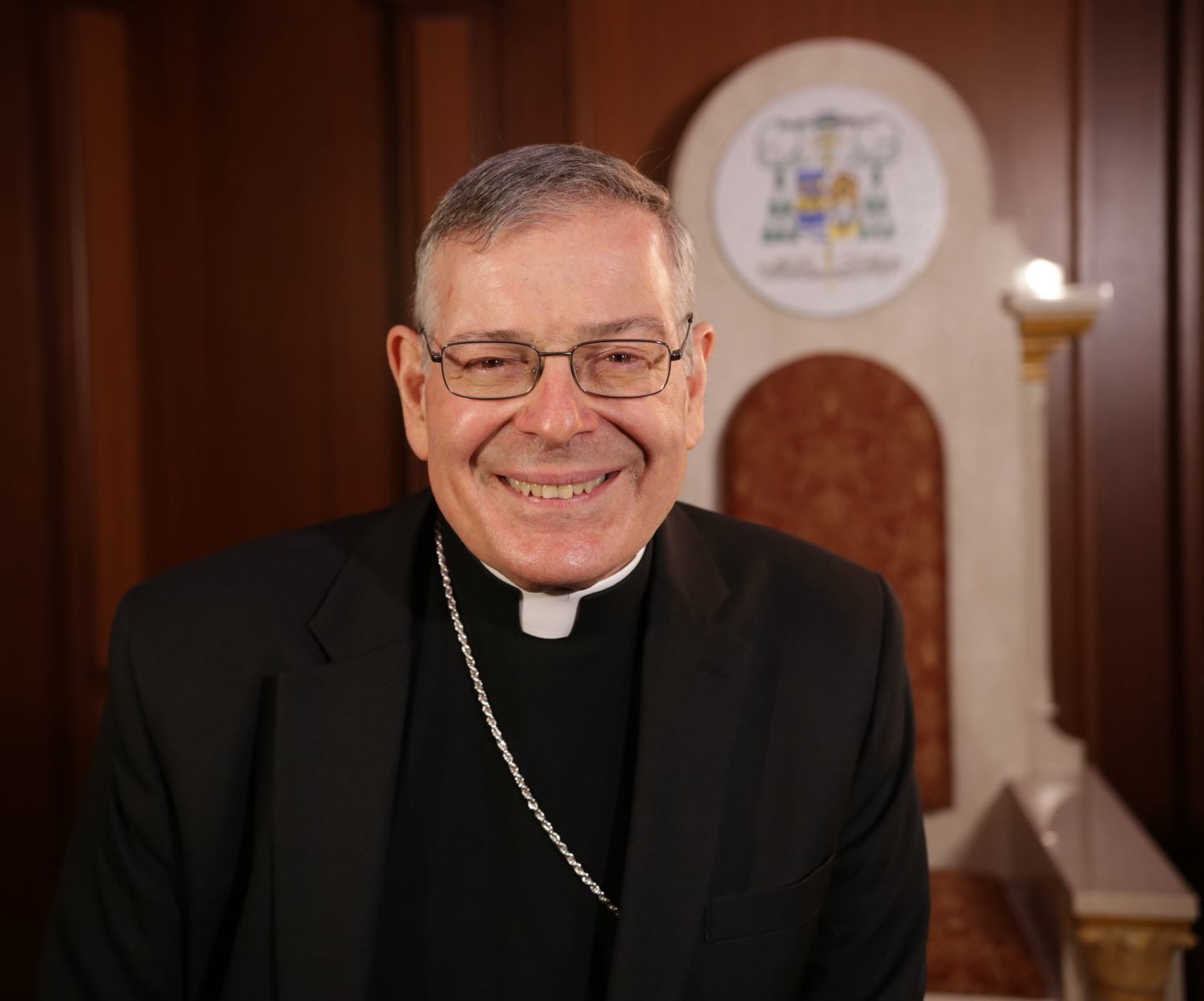
As we celebrate All Saints’ Day on Nov. 1, we do so calling to mind all those who have gone before us and are now in God’s heavenly kingdom as saints. These are men and women who are formally canonized, as well as all those who, while never canonized, lived good and holy lives. These include our parents, grandparents, children, friends, co-workers and so many more who might be unknown in the eyes of others, but were intimate friends with God. The saints show us, by their lives, how we are to live as God wants us so we can be holy in this life and be with them and God for all eternity. Saints are made on earth, not in heaven.
Our Holy Father, Pope Francis, has been giving his Wednesday audiences on the important matter of discernment. He has reminded us that in daily life we have to make decisions, and to do so we have to engage in the process of discernment. One of the essential elements of discernment is our own life story. Pope Francis tells us, “Our life is the most precious ‘book’ we have been given, a book that unfortunately many do not read, or rather they do so too late, before dying. And yet, precisely in that book, one finds what one pointlessly seeks elsewhere.” St. Augustine’s life is a good example of this process by which, in reading the book of his life, realized how he had been ignoring the presence of God within himself while seeking the joy of God outside of himself in vain matters. Pope Francis offers, as well as himself, this invitation: “Return within yourself. Read your life. Read yourself within, how your journey has been ... with serenity. Return within yourself.”
In our relationship with God, we need to know who we are. Many times, we fear to look inside of ourselves as we might not like what we see. The recent situation of the COVID pandemic had us wearing masks to protect ourselves and others. Without realizing it, we often wear false masks to hide ourselves from ourselves as well as from others. We feel that we fall short of the mark and try to be someone or something we are not. Often, the pope tells us, we have the “experience of finding ourselves imprisoned by thoughts that lead us far away from ourselves, stereotypical messages that harm us: for example, ‘I am worthless’ — and it gets you down; ‘everything goes wrong for me’ — and it gets you down; ‘I will never achieve anything worthwhile’ — and it gets you down, and that’s life. These pessimistic phrases that get you down! Reading one’s own history also means recognizing the presence of these ‘toxic’ elements, but then to broaden our narrative, leading to notice other things, making it richer, more respectful of complexity, succeeding also in grasping the discreet ways in which God acts in our life.”
As we celebrate all the saints, we realize they had a book of their own lives. It was their ability to read the book and to see themselves that led to their holiness and closeness to God. The saints had sins and a negative side to them, but acknowledging them and turning to God for forgiveness made all the difference for them. They also had many positive aspects in the stories of their lives which attract us to them. This is true of both saints who are canonized as well as those who are not. As Pope Francis says, “The lives of the saints also constitute a precious aid in recognizing the style of God in one’s own life: they permit us to become familiar with His way of acting.” It is by reading our book sincerely and honestly that brings us to conversion and true joy.
We just heard, on the 30th Sunday of the year, the parable of the Pharisee and the tax collector who went up to the temple to pray (Lk 18:9-14). We may say that both of these men were reading the books of their lives. The Pharisee sees only the good he accomplished, standing in the front of the temple with head unbowed. He sees the good of his life in a dishonest perspective, especially as he reads the books of other people’s lives from a judgmental position. He truly cannot face himself, wearing a mask of deceit and pride. He judges the tax collector in the back of the temple. The tax collector rightly reads his own book as the center, judging no one but asking for God’s mercy. He wears no mask. Jesus tells us that the tax collector went home justified, but not the Pharisee. The tax collector truly was the saint in this case and, if the Pharisee had looked more closely at his own book as well as that of the tax collector, it would have been a chance of conversion for him.
As we celebrate all the saints, we thank God for the gift of their example among us. May we read the books of our lives, as they did theirs, and discern the true meaning of holiness and find true joy.
Most Reverend Gerald M. Barbarito
October 28, 2022

